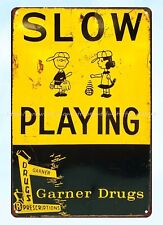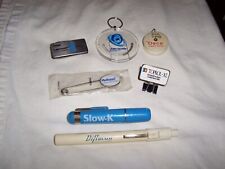
A class of anti-seizure medications appears to slow the rate of aging in roundworms, say researchers at Washington University. When exposed to the drugs used to treat epilepsy in humans, the worms lived longer and retained youthful functions longer than normal. The article, in the journal Science, suggests that the nervous system may influence aging processes.
The anti-aging effect was revealed in a random screening of 19 drugs approved for treating a variety of disorders in humans. “We didn’t start with a hypothesis about what causes aging,” says senior author Kerry Kornfeld. “We wanted to look in an unbiased way at available compounds to see if any of them happened to have anti-aging activity.” The researchers grew the roundworm C. elegans in the presence of the 19 drugs and found that an anticonvulsant, ethosuximide, extended the worms’ lives from an average of 17 days to an average of 20 days.
The group then sought to uncover the underlying mechanism for the effect of the anticonvulsants. It was apparent that the drugs did not mimic the anti-aging effects of caloric restriction, because the worms had abundant food and looked well-fed. The researchers also demonstrated that anticonvulsants did not extend life by protecting the worms from pathogenic bacteria in their environment. Ethosuximide and trimethadione did, however, significantly delay age-related declines in neuro-muscular activity. Treated worms continued to display the youthful traits of fast body movement and fast pumping of mouthparts during the latter phase of their extended lives. Further tests showed that the anticonvulsants stimulated transmission of signals in nerves that control body movement.
Scientists previously had found genetic mutations in C. elegans that affect both the nervous system and life span. The researchers used these mutant worms to further pin down the mechanism by which the anticonvulsants increased longevity. The worms’ mutated genes affect the function of sensory neurons that regulate the release of an insulin-like hormone. “Sensory inputs from the outside regulate the level of insulin signaling inside the body, which then in turn regulates longevity in the worms,” Kornfeld said.
Testing the anticonvulsants on longer-lived mutant worms, the researchers found the drugs further extended their lives, although not to the same degree they extended the lives of worms with no mutations. That indicates the anticonvulsants may affect aging partly through their influence on the neural system involved in the insulin signaling pathway and partly through an independent mechanism, according to Kornfeld.
“Our experiments show there is an important connection between neural function and longevity,” Kornfeld said. “We’re continuing this line of research to identify the precise functions of the nervous system that cause the worms to live longer.”


















Comments are closed.